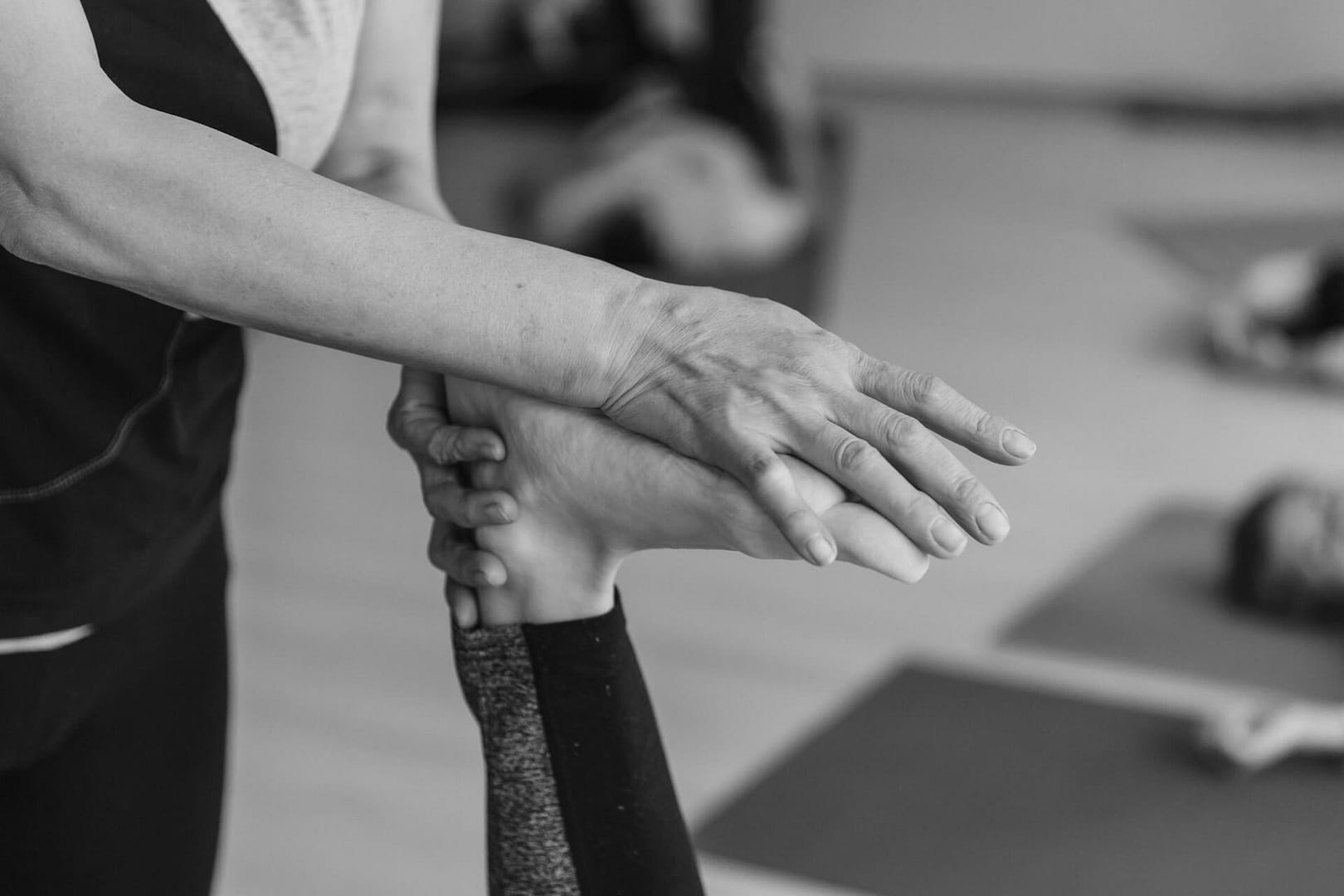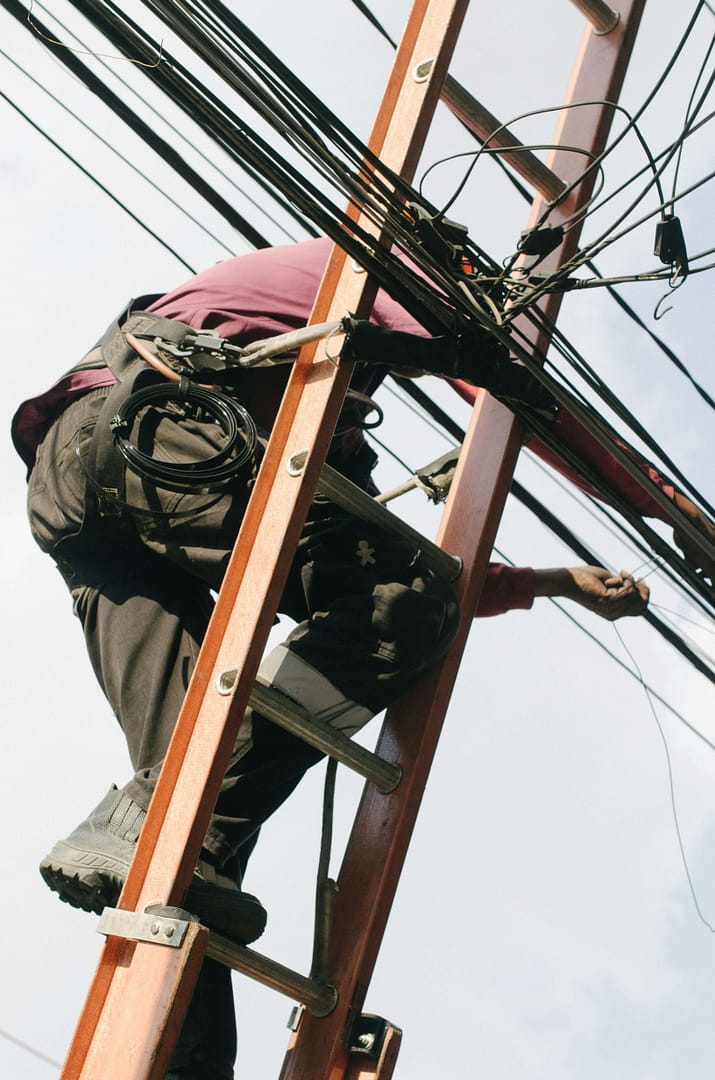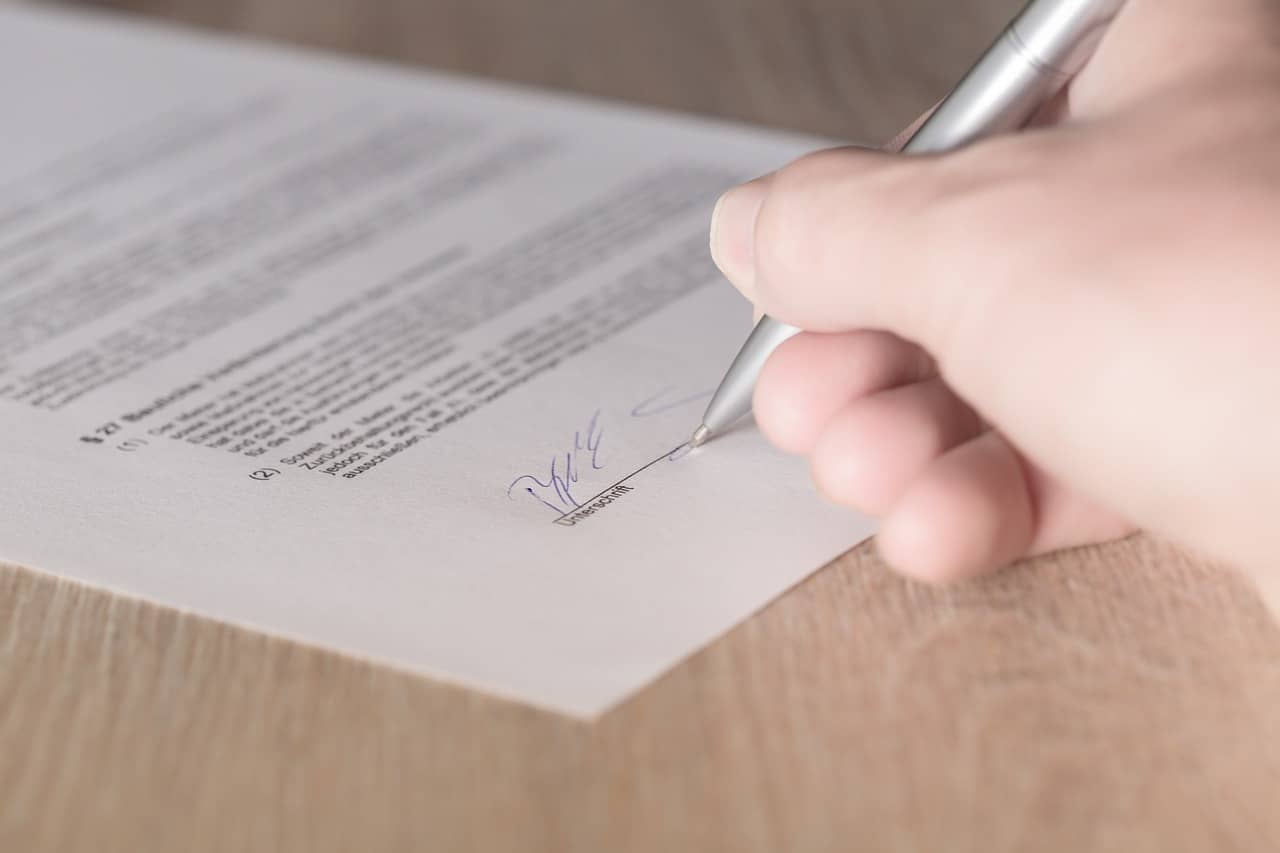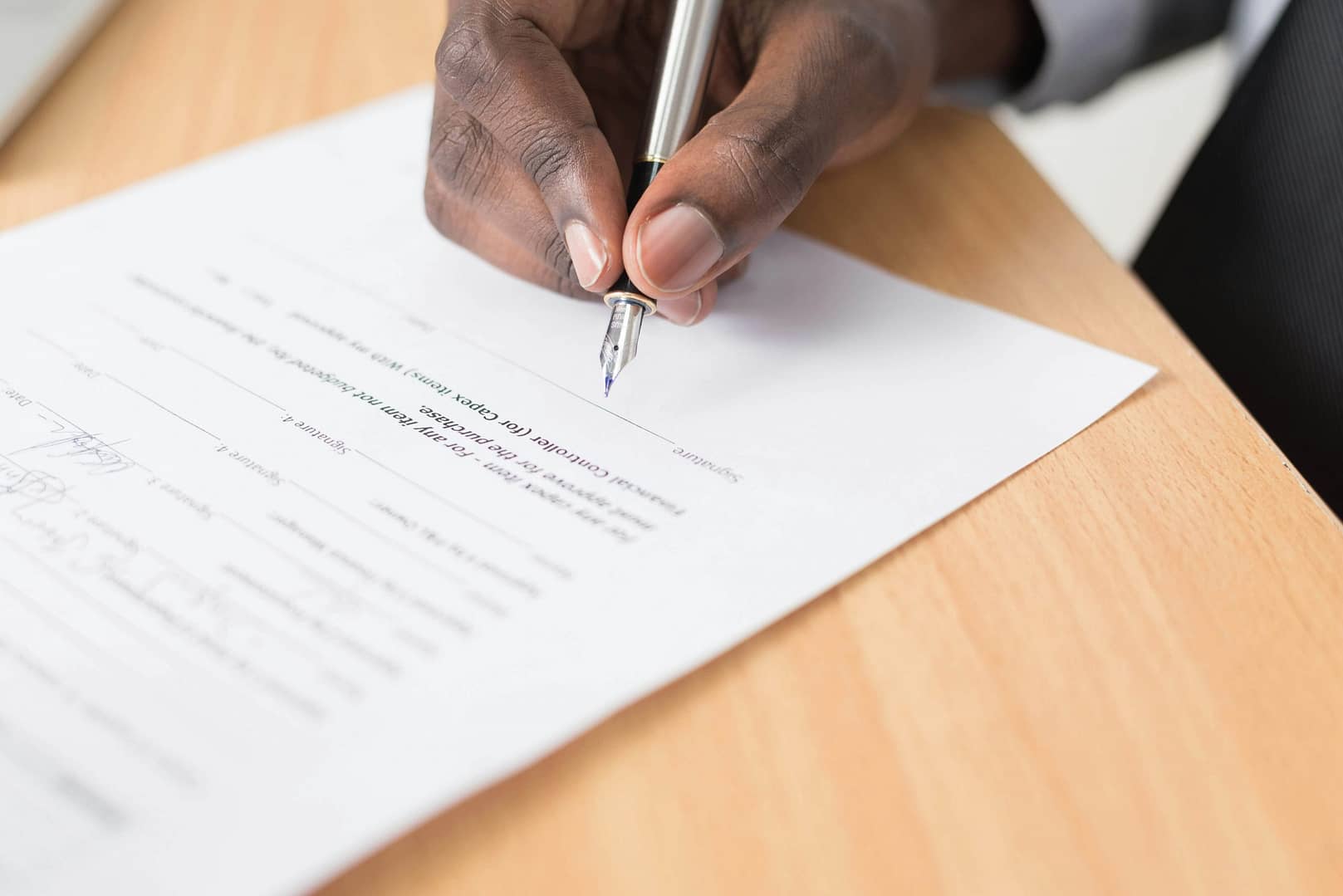In the blink of an eye, life can take an unexpected turn. One moment, you’re cruising down the road, and the next, you find yourself on a recovery road, grappling with the aftermath of a car accident. This journey is not just about fixing the dents in your vehicle; it’s about restoring your body and reclaiming your life. Let’s embark on a narrative that explores what happens to your body after a serious car accident and the steps to heal through physical rehabilitation.
The Impact of a Collision
Imagine the screeching of tires, the sudden jolt, and the disorienting whirlwind of metal and glass. Car accidents are more than just frightening events; they are physical and emotional earthquakes that can leave lasting imprints on the body. As the keyword suggests, the recovery road begins here, at the intersection of injury and resilience.
The first thing that often comes to mind is the external damage — the visible cuts, bruises, and fractures. However, the internal toll is equally significant. The force of a collision can cause whiplash, a common injury where the neck experiences a rapid back-and-forth movement, straining muscles and ligaments. Internal organs may also be affected, leading to issues that might not manifest immediately.
Understanding the Aftermath
As the adrenaline fades and the reality of the accident sets in, the body starts to reveal its vulnerability. Pain becomes a constant companion, hindering even the simplest of movements. Physical rehabilitation becomes a beacon of hope, guiding individuals along the recovery road. But what does this journey entail?
Rehabilitation after a car accident involves a multifaceted approach. It’s not just about addressing the physical injuries; it’s about restoring functionality and improving overall well-being. This process often begins with a thorough assessment by healthcare professionals, mapping out the roadmap for recovery.
Navigating the Recovery Road
The first milestone on the recovery road is pain management. Chronic pain can be debilitating, affecting one’s ability to perform daily activities. Physical therapists, often the unsung heroes of rehabilitation, tailor exercises to alleviate pain and improve mobility. These exercises may start gently, gradually progressing as the body heals.
The keyword “Recovery Road: Physical Rehabilitation for Injured Car Accident Passengers” emphasises the passenger’s perspective. Passengers, often overlooked in accident narratives, face unique challenges. They may not have been behind the wheel, but the impact can be just as profound. Physical rehabilitation, in this context, becomes a collaborative journey, where therapists work closely with passengers to address their specific needs.
Rebuilding Strength and Mobility
Car accidents can result in a spectrum of injuries, from minor strains to severe fractures. Regardless of the severity, rebuilding strength and mobility are paramount. This phase of rehabilitation involves targeted exercises to restore muscle tone and joint flexibility. The keyword density is a crucial aspect here, emphasising the tailored nature of rehabilitation for car accident passengers.
Adapting exercises to individual needs is where the expertise of healthcare professionals shines. They understand that each person’s body responds differently to trauma, requiring a personalised approach to rehabilitation. Whether it’s strengthening exercises for the lower back or gentle stretches for neck mobility, the process is as unique as the individual on the recovery road.
Regaining Independence
A significant aspect of physical rehabilitation is empowering individuals to regain independence. Car accident passengers may find themselves grappling not only with physical limitations but also with psychological hurdles. Anxiety, fear of driving, and post-traumatic stress can be formidable obstacles on the road to recovery.
Incorporating mental health support into rehabilitation is integral. Therapists, psychologists, and support groups play a pivotal role in addressing the emotional aftermath of a car accident. As passengers work through their fears and anxieties, they inch closer to reclaiming not just their physical well-being but also their autonomy.
Making a Road Traffic Accident Claim with National Claims
In the midst of physical and emotional recovery, the practical aspects of dealing with a car accident come to the forefront. Making a road traffic accident claim is a crucial step in ensuring that individuals receive the compensation they deserve. From the perspective of National Claims, we understand the complexities of navigating the legal landscape after a car accident.
Our dedicated team at National Claims is committed to guiding you through the claims process. We recognise that each case is unique, and our experts work diligently to gather the necessary evidence to support your claim. Whether you were the driver or a passenger, our goal is to provide you with the support you need to ease the financial burden that often accompanies such incidents.
The Importance of Consistency
Recovery is not a linear path; it’s a series of peaks and valleys. Consistency in rehabilitation exercises is key to navigating these fluctuations. It’s not about sprinting to the finish line but about steadily progressing, acknowledging that healing takes time.
The keyword “Recovery Road: Physical Rehabilitation for Injured Car Accident Passengers” encapsulates this journey. It’s a road that requires commitment, patience, and trust in the process. Each session of physical rehabilitation is a step forward, a testament to resilience in the face of adversity.

Conclusion: A Journey to Restoration
As we conclude our exploration of recovery road, it’s evident that physical rehabilitation is more than a set of exercises; it’s a journey to restoration. From the initial shock of a car accident to the gradual rebuilding of strength and independence, the process is holistic. This narrative, rooted in the UK context, emphasises the human aspect of recovery, steering clear of case studies to focus on the universal experiences of those on the road to healing.
In the realm of rehabilitation, the keyword acts as a guiding beacon, emphasising the collective experience of injured car accident passengers. It invites individuals to recognise that the journey may be challenging, but with the right support and dedication, the recovery road leads to a place of physical and emotional well-being.
Contact us today to speak to one of our claims specialists to help you get started with your claim.
Click below to see why we are one of the most trusted claims management companies in the UK.

We’re proud of our excellent customer reviews
We thrive on delivering exceptional service and ensuring our clients’ satisfaction. Don’t just take our word for it. Check out some of our independent reviews to see what our clients have to say.
Excellent

This firm is excellent, they sorted out my car pay out and injury claim very fast, they always communicate with you all the time.

My accident case was dealt with confidence and with great result of the outcome, especially James kept me informed all the time.

I was very impressed at the way my inquiry was treated. I was listened to attentively and everything I needed to know was explained to me.






